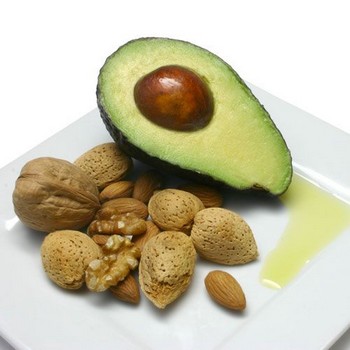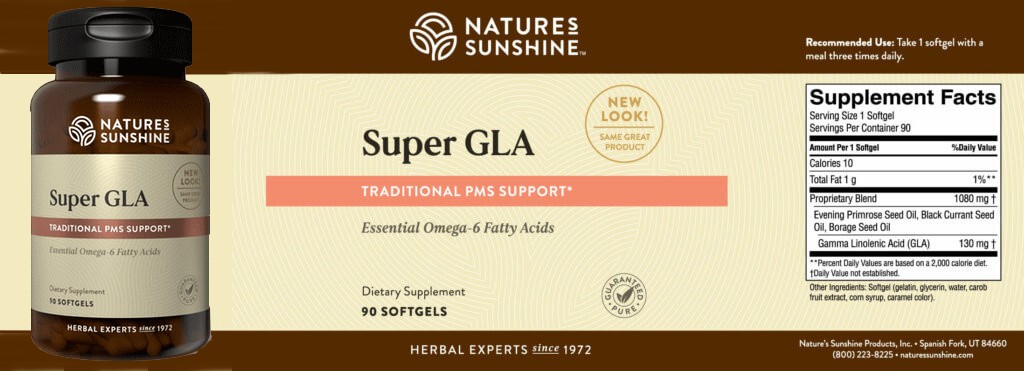


Our culture has conditioned us to think of fats as bad for our health. Advertising pitches "low fat," "no cholesterol" and "fat free" as healthier foods. But, it's not that fats themselves are bad for us. We need fats, but we need the right kinds of fats. Just like there is a vast difference between eating fresh fruits and vegetables for carbohydrates versus eating refined sugar and white flour for carbohydrates, there is a big difference between eating processed vegetable oils and deep fried foods and eating the natural fats found in fish, nuts and other foods.
The fact is that the body needs fats. Fats are used for fuel, especially for the heart. They help us stay warm in cold weather. They keep our skin soft and moist.
Essential fatty acids are an important component of cell membranes and nerve insulation. They cushion and protect the tissues and are metabolized into prostaglandins and other fatty acids.
Prostaglandins are necessary for the regulation of many body functions such as the secretion of other hormones, blood clotting, menstruation, childbirth and the inflammatory response.
Omega-3 fatty acids are the parent compounds of eicosapentaenoic acid (EPA) and docosahexaenoic acid (DHA), and omega 6 fatty acids are the parent compounds of gamma linolenic acid (GLA), dihomogamma linolenic
acid (DGLA), and arachidonic acid.
There are several substances that can either enhance or block these fatty acid conversions. Vitamin B6, pantothenic acid and vitamin C are all catalysts that support the conversions.
Conversely, alcohol, tobacco, saturated or trans fatty acids, age, stress, illness, and low levels of magnesium, zinc or B6 can all block the conversions.
Many people, especially diabetics, find that taking oils with high levels of converted fatty acids, like GLA, may be a wise choice.
‘The three oils in GL.A are evening primrose, black currant, and borage oil. While each of these oils is a source of GLA, each also offers other benefits that the others may not, making for a powerful combination.
The body uses GLAs to
make Type 1 prostaglandins, which reduce inflammation and blood clotting. Thus, oils high in GLA may benefit conditions such
as heart disease, diabetes, arthritis (especially rheumatoid),
autoimmune disorders, skin conditions and premenstrual
syndrome (PMS).
Here are the three oils found in Super GLA.
Evening Primrose Oil
Evening Primrose Oil, from the seeds of the evening
primrose plant, is the nutritional oil with the greatest number of research studies supporting its use.
Studies have been
conducted for all of the conditions listed above including
cancer and others. Evening Primrose oil is about 72-73%
linoleic acid, 8-10% GLA, and it contains only trace amounts
of aipha-linolenic acid.
Black Currant Oil
Black Currant Oil, from the seeds of the black currant
plant, is a rich natural source of GLA and an effective anti-inflammatory agent.
It is frequently used for skin conditions
(including brittle nails and hair), arthritis, autoimmune
disorders and PMS.
Black currant is about 47% linoleic
acid, 15-18% GLA and 13% alpha linolenic acid (which
can be converted into EPA, then DHA and prostaglandins
to complete the series).
Borage Oil
Borage Oil, from the borage or starfiower plant, has the
highest concentration of GLA, and has a fatty acid profile
very similar to human breast milk.
It is about 3 5-37% linoleic
acid, 20-24% GLA, and it contains only trace amounts of
alpha linolenic acid.

Suggested Use
Take one capsule with a meal three times daily.
Each capsule contains 130 mg of gamma linolenic acid (GLA).
|